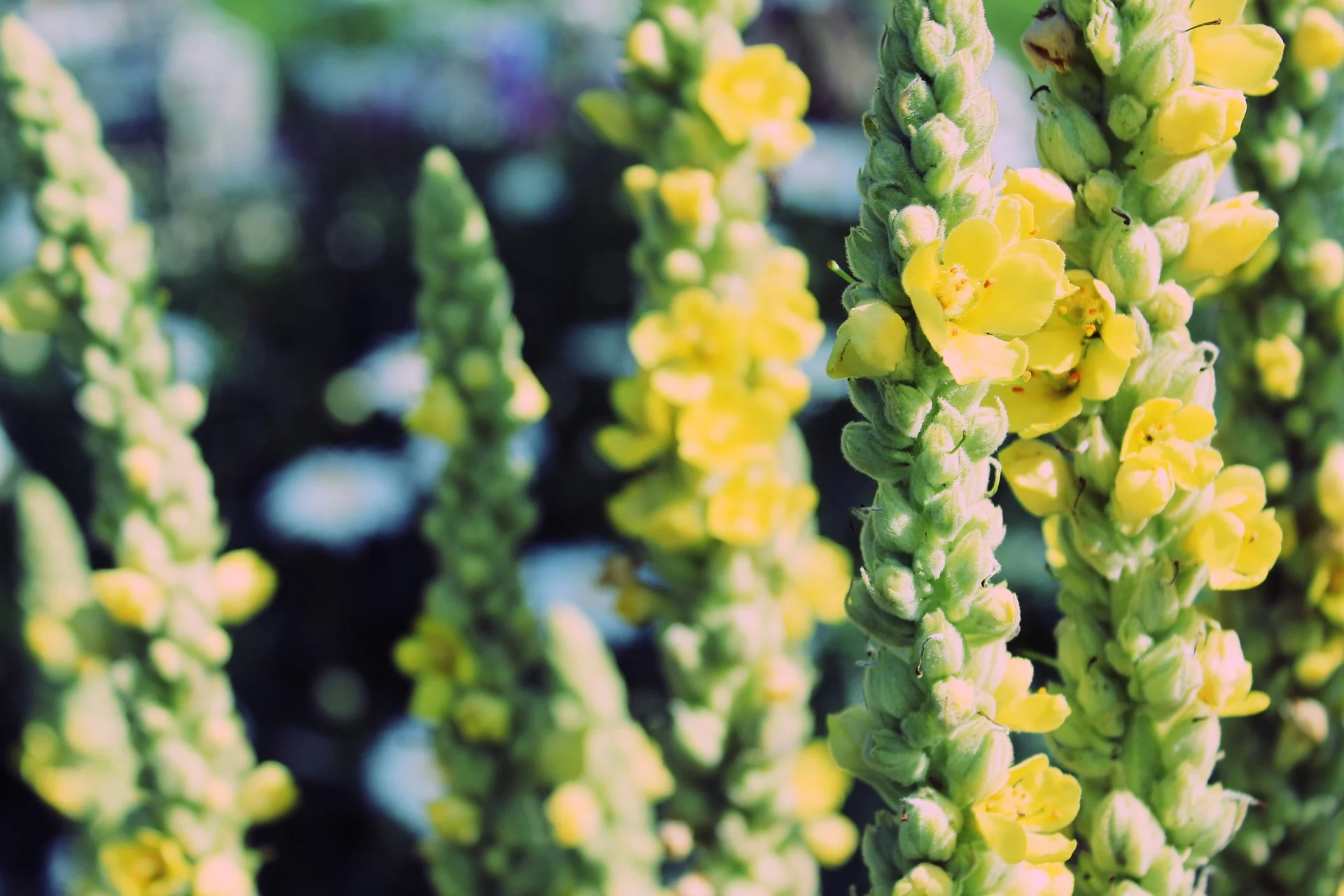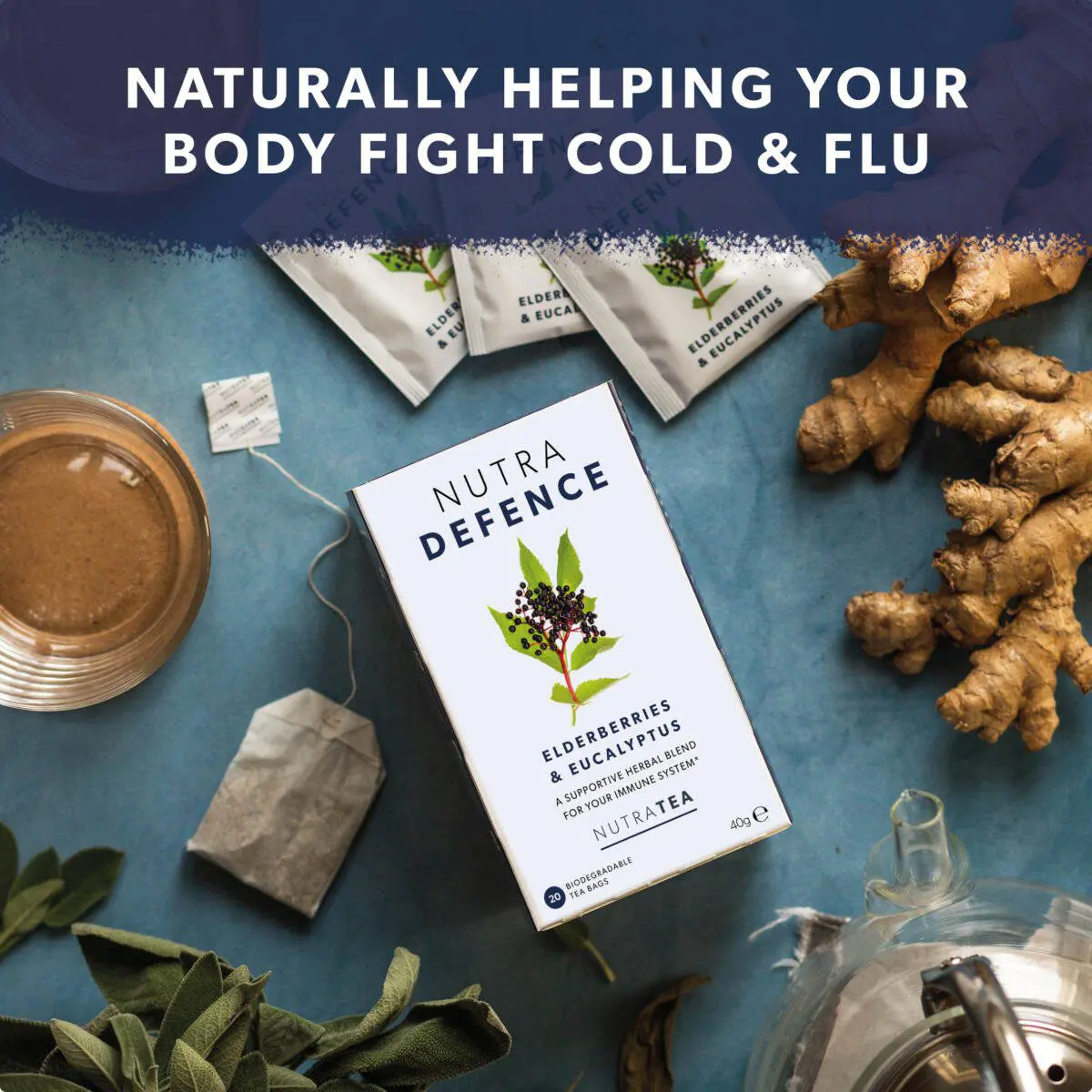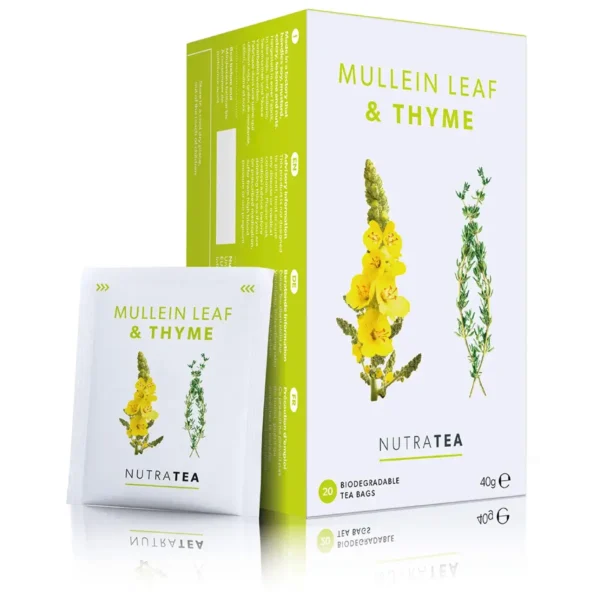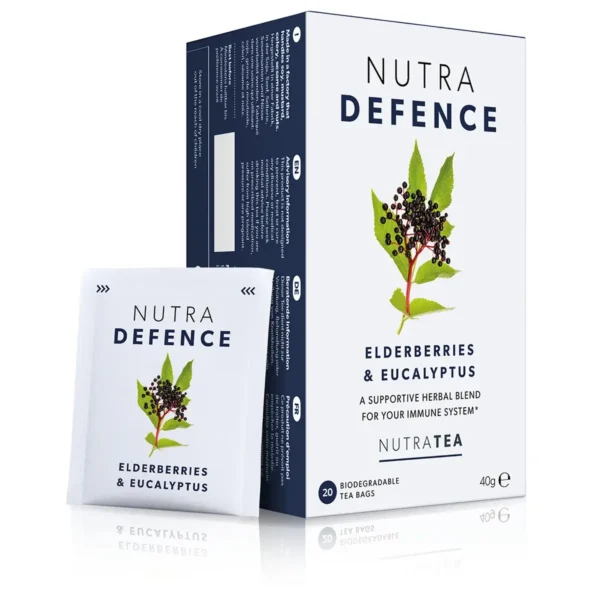NutraBlog
What is Mullein?

One of our favourite herbs for fighting infections, reducing inflammation, and supporting your respiratory health, mullein is a common roadside plant and has been used medicinally for centuries.
—
A versatile herbal ally, mullein has been used since ancient times to treat a wide range of conditions, from coughs and colds to asthma and rheumatoid arthritis. But what is mullein and what are its benefits for our health and wellbeing?
Traditional Uses of Mullein
Great mullein (also known as common mullein or Verbascum thapsus) is a tall hedgerow plant that is native to Europe, Asia, and northern Africa. It has a tall stem and cheerful yellow flowers. In Roman times, the long stem was used as a torch – stripped of its leaves and dipped in tallow, it would burn for some time.
The ancient Greeks also harnessed mullein to make light, using its dried leaves to make wicks for lamps and candles. Later, during the Californian Gold Rush, miners used mullein as torches and as tinder to start fires.
Lighting the path is only one of mullein’s uses, however. Since ancient times, this plant has been used medicinally to treat lung ailments and other respiratory conditions.
Ancient Greek physician, Dioscorides recommended mullein for breathing issues and persistent coughs. This use continued into modern times, with cultures around the world prizing this herb as a treatment for respiratory problems.
In Ireland, for example, mullein was boiled in milk to treat tuberculosis. Once the plant had spread to the Americas in the 18th century, indigenous people quickly incorporated it into their own healing systems, including the Navajo, who reportedly smoked it as a cure for asthma.
Mullein was also used to speed up wound healing, treat ear infections and haemorrhoids, and combat inflammatory conditions such as rheumatoid arthritis.
The Benefits of Mullein
Although studies into the benefits of mullein are still fairly limited, this herb continues to be an important part of herbal medicine and traditional healing systems today. Many herbalists swear by it for treating respiratory conditions and reducing inflammation.
More research is needed, but most of the studies that do exist seem to support this herb’s traditional uses, including:
1. Soothing Coughs and Supporting Lung Health
Mullein contains mucilage – a rather unattractive name for a thick, gel-like substance that is present in many herbs.
Mucilage can help to soothe irritated tissues, easing the symptoms of a persistent or dry cough. Mullein’s mucilage content is particularly high, which is one of the reasons this herb is popular during cold and flu season.
Because of its saponin content, mullein also acts as an expectorant, meaning it makes it easier for your lungs to clear themselves of mucous. As well as helping you tackle chest congestion when you have a cold, this herb’s expectorant properties might come in handy in protecting your lungs against toxins, such as cigarette smoke.
Studies show that mullein is an effective antispasmodic, adding to its ability to soothe your cough by relaxing the muscles in your respiratory tract.
2. Reducing Inflammation
Mullein is rich in polyphenols – plant compounds with anti-inflammatory properties. In particular, mullein contains verbascoside, a powerful antioxidant and anti-inflammatory that can help to protect our bodies against inflammation.
It’s this anti-inflammatory action that is likely behind mullein’s traditional use as a treatment for sore joints and arthritis. Many herbalists also use mullein for lower back pain.
3. Fighting Off Infections
As well as soothing the symptoms of upper respiratory tract infections, mullein may help our bodies fight off infections and diseases more quickly. That’s because it has both antibacterial and antiviral properties.
One study found that mullein was particularly effective against the influenza virus, making this a great herb to have on hand during flu season. Because of its antibacterial properties, it is also traditionally used to treat earaches and prevent ear infections.
This ability to fight off bacteria also explains why mullein is popular for speeding up wound healing, as well as treating skin conditions like eczema.
How to Use Mullein
You can find mullein in all sorts of forms, including tinctures, oils, and teas. It is often combined with garlic to make herbal ear drops, and you might also find it as an ingredient in skincare products or balms for wound healing.
When it comes to day-to-day use, we like mullein best as a herbal tea, especially when you want to support your respiratory health. It’s an easy way to enjoy this herb and the warm liquid is soothing when you are recovering from a cough, cold, sore throat, or the flu.
You can find loose-leaf tea from online suppliers, but we find it easiest just to use teabags – there’s a lot less mess involved! We also like to combine mullein with other herbs, such as thyme.
Mullein has a mild, sweet taste that makes it particularly delicious in a herbal tea blend.
All you need to do is pop the teabag in your favourite mug and pour over 200 ml of freshly boiled water. Allow the tea to steep for around 4 minutes, then squeeze out the teabag and settle down to enjoy your tea.
Mullein is one of the ingredients in our NutraDefence blend, where you’ll find it combined with other herbs that boost the immune system and help to soothe the symptoms of coughs and colds.
You can also enjoy it in our flagship Mullein Leaf & Thyme tea. A soothing blend, this tea is designed to support your respiratory health.




